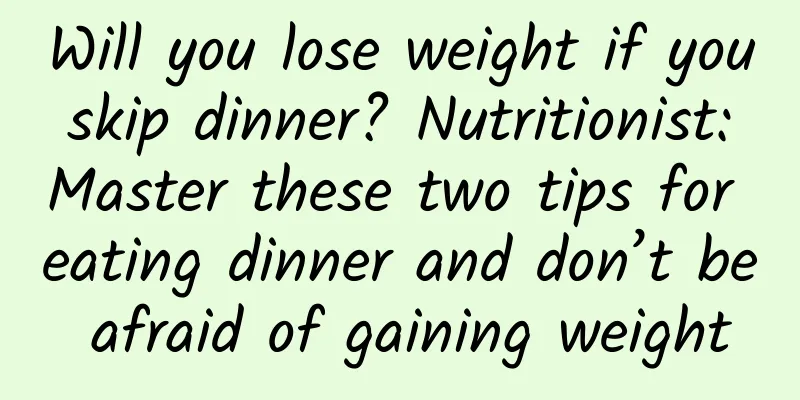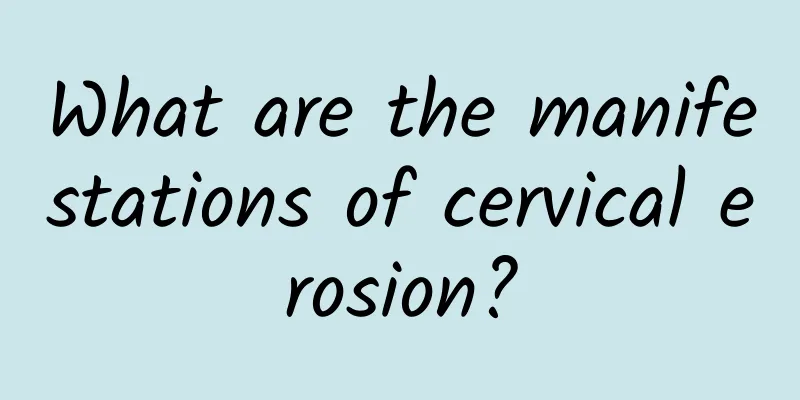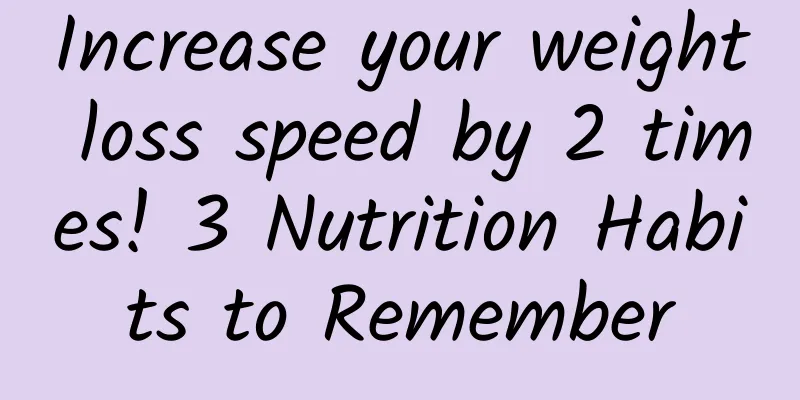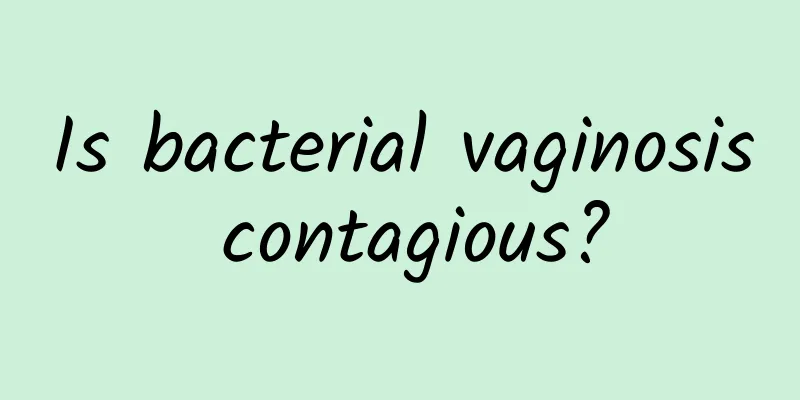Can drinking vinegar lower blood pressure? Nutritionist: Eat right and you will have better control over blood sugar!
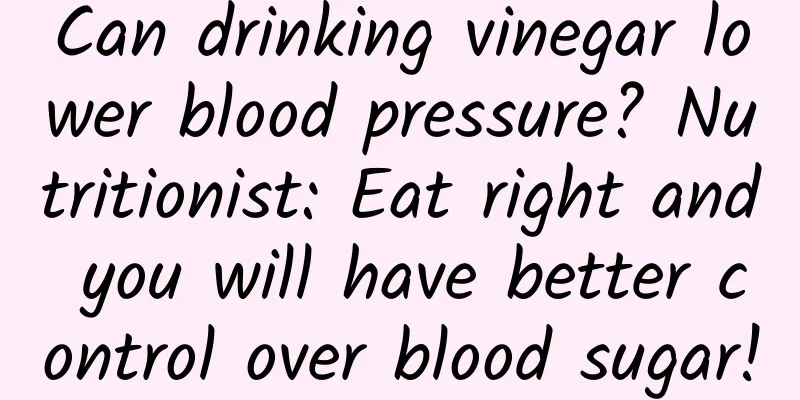
|
Taiwan has become a "roasted sweet potato" recently. The weather is extremely hot and many people have lost their appetite. At this time, why not try some sour and sweet vinegar dishes! Not only can it stimulate the appetite, studies have found that adding a moderate amount of vinegar to the diet can also lower blood pressure and stabilize blood sugar, helping to prevent abdominal obesity and metabolic syndrome. Stir-fried large intestine with shredded ginger, sweet and sour spare ribs, sweet and sour cucumbers, cold green papaya shreds, oil and vinegar salad, and even flavorful fruit vinegar drinks. Our lives are full of various vinegar dishes. It is not only a condiment in the kitchen, but also one of the guardians of health. Can eating vinegar lower blood pressure? The key is potassium ions! Don’t drink vinegar! Adding fruit vinegar to dishes can help reduce salt and control blood pressure more safely A study published at the 2009 Japan Society of Nutrition and Foods Conference found that subjects who drank 2 tablespoons (30 ml) of vinegar per day had significantly reduced visceral fat, blood neutral fat (triglycerides in the blood), subcutaneous fat, body weight and waist circumference. The researchers pointed out that vinegar also has the effect of lowering blood pressure and blood cholesterol, which helps prevent or improve metabolic syndrome. Can drinking vinegar really lower blood pressure? Nutritionist Qiu Shihan said that after searching recent domestic and international literature, she rarely saw any research discussing the relationship between vinegar and blood pressure. However, fruit vinegar has a high potassium ion content, and moderate intake can help excrete excess sodium from the body, which should be helpful in controlling blood pressure. However, glutinous rice vinegar and black vinegar generally have poor taste and are difficult to consume directly even when diluted with water. In addition, related experiments are limited, so it is rarely recommended that patients use the "drinking vinegar" method to control blood pressure in clinical practice. On the contrary, it is often recommended to use more fruit vinegar or lemon as seasoning when cooking. This can not only make the dishes more delicious, but also reduce the amount of salt used, making the meals more in line with the "low-sodium diet" standards required by patients with hypertension. Eating vinegar is good for your health and can stabilize blood sugar, which is better than controlling blood pressure! Eat right to be healthy! Jealous people should remember these three dietary tips Compared with lowering blood pressure, vinegar’s effect in stabilizing blood sugar is more worthy of attention! Nutritionist Qiu Shihan said that in recent years, there have been documents that clearly mentioned that apple cider vinegar can "maintain blood sugar stability by increasing the insulin sensitivity of human cells." Based on this analysis, the conclusion of the aforementioned Japanese study that vinegar can reduce neutral fat in the blood is most likely achieved by stabilizing blood sugar. Although adding some vinegar to your diet can help control blood sugar and blood pressure, you still need to pay attention to the correct way to consume it! Nutritionist Qiu Shihan reminds: 1. Don’t drink it on an empty stomach: Vinegar will stimulate the secretion of gastric acid. People with poor stomach should not drink it on an empty stomach. 2. Sugar is hidden behind vinegar: In order to increase the flavor, commercially available fruit vinegar often adds a lot of sugar. Therefore, diabetics or people who want to lose weight must use it with caution, so as to avoid the health benefits of eating vinegar before the health benefits are achieved, lest the blood sugar soars due to consuming too much sugar, which is counterproductive. The recommended daily intake for the general public is 15 to 30 c.c. 3. Rinse your mouth after eating vinegar: Vinegar has a high acidity. It is best to rinse your mouth with clean water after drinking or eating to protect your teeth and prevent tooth decalcification and tooth decay. |
<<: The more protein you take, the more muscle you build? The answer turns out to be…
Recommend
Reasons why cervicitis often recurs after treatment
Cervicitis is difficult to cure completely, and r...
Fallopian tube inflammation is usually the key to causing ectopic pregnancy
Fallopian tube inflammation is usually the key to...
It is important for everyone to understand the symptoms of pregnancy
In life, many expectant mothers often worry wheth...
What is the difference between Qing Palace and abortion?
Both uterine curettage and surgical abortion are ...
Ladies, please pay attention to submucous uterine fibroids!
Submucosal uterine fibroids are a common disease,...
Proper care for pelvic inflammatory disease helps recovery
Patients with pelvic inflammatory disease should ...
Butterfly sleeves bye bye boxing aerobic fast fat burning
Fighting obesity is not difficult at all, the mos...
The leader of beautiful legs! 6 must-eat foods to double your leg slimming
"30% training and 70% diet." If you eat...
How to treat cervical warts clinically
There are many infectious diseases in life, espec...
What are the dangers of amenorrhea?
Menstruation is a physiological condition unique ...
Which hospital can check cervical warts
Patients all know that cervical warts are one of ...
Clenbuterol enters the country! Hu Zhiqiang: Strict control and zero detection
Taichung Mayor Hu Chih-chiang emphasized at a mun...
Irregular menstruation may be a sign of premature ovarian failure
Menstrual irregularity is a common symptom of end...
Prevention of cervicitis is extremely important
Women of childbearing age are often troubled by c...
Which hospital is good for treating functional uterine bleeding?
Don't think that pregnant women are safe afte...



